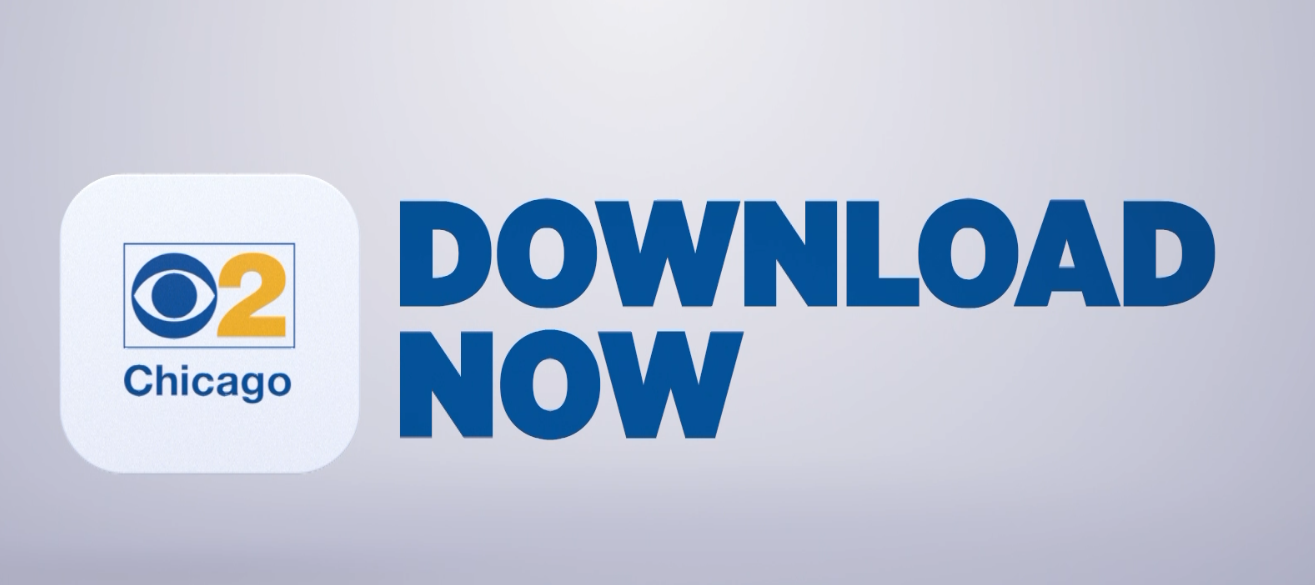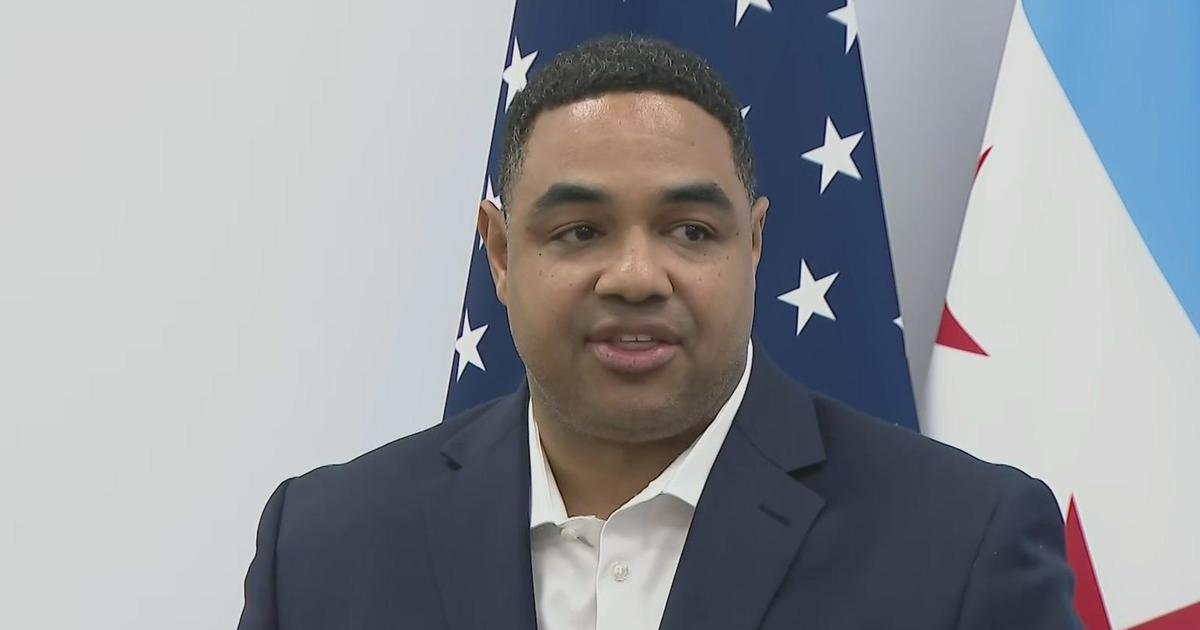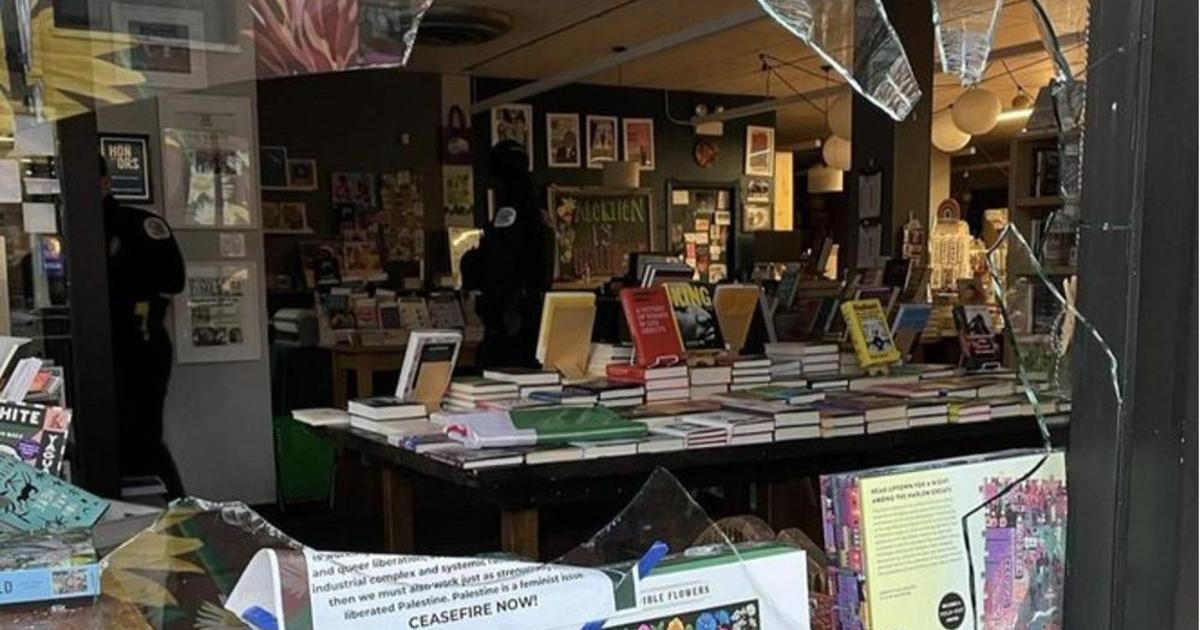Chicago Marathon Was Canceled Due To COVID-19, But That Didn't Stop Many From Running Remotely
CHICAGO HEIGHTS, Ill. (CBS) -- If it weren't for the coronavirus pandemic, Chicago would have been the running capital of the world on Sunday.
COVID-19 forced the Chicago Marathon to cancel its annual race. But many runners kept the tradition on track – in ways and in places that you wouldn't expect.
As CBS 2's Jeremy Ross reported, some runners pounded the pavement of Thorn Creek Trail, with the relative silence broken by a handful of people rooting for the runners. Sarah Saulnier was one of the fans.
"They've been training really, really hard," she said.
The runners went seven times around the path at Thorn Creek – which amounts to about 26.2 miles – the measure of a marathon, or in this case, the Virtual Chicago Marathon.
Many had hoped they could be downtown for the marathon on Sunday and were disappointed that the race had to be canceled. In a typical October, more than 45,000 participants from more than 100 countries and all 50 states participate in the Chicago Marathon – spanning from elite runners to charity marathoners.
The iconic race passes through dozens of Chicago's diverse neighborhoods, in front of an estimated 1.7 million people packing the streets.
However, none of that can be done safely in the era of COVID-19.
So across the world, or in this case in the south suburbs near Chicago Heights, runners are carrying on the tradition of the Chicago Marathon wherever they can virtually do so through an app. It all provides the kind of spacing and safety a traditional marathon cannot.
'Thousands of people are continuing to celebrate - be it in their neighborhood or their community," said executive race director Carey Pinkowski.
Pinkowski said running a marathon is about perseverance and adaptation. That is what many runners along the lake shore and beyond did on Sunday.
He added that last year was the marathon's best year, with associated charities raising more than $27.1 million.
This year's funding will not keep pace, but there is optimism that next year's will.
"I'll tell you it will be bigger and better than ever," Pinkowski said.
Also not keeping pace is the associated economic activity of the marathon.
Last year, it accounted for $428 million, which includes hotels and restaurants, and also spending time and money on the lake shore. But there are other economic efforts.
"All proceeds go to Black and Brown running groups in Chicago," said Saulinier, who represents one group that is raising money virtually for charitable causes.
It's not ideal, and it's not the marathon we're used to, but as that organizer said, "We're still doing something, and something's better than nothing."
Last year, the marathon reported a record number of finishers. This year, virtual runners have until Thursday to submit their results.
After that, we'll still know how many people participated remotely.






